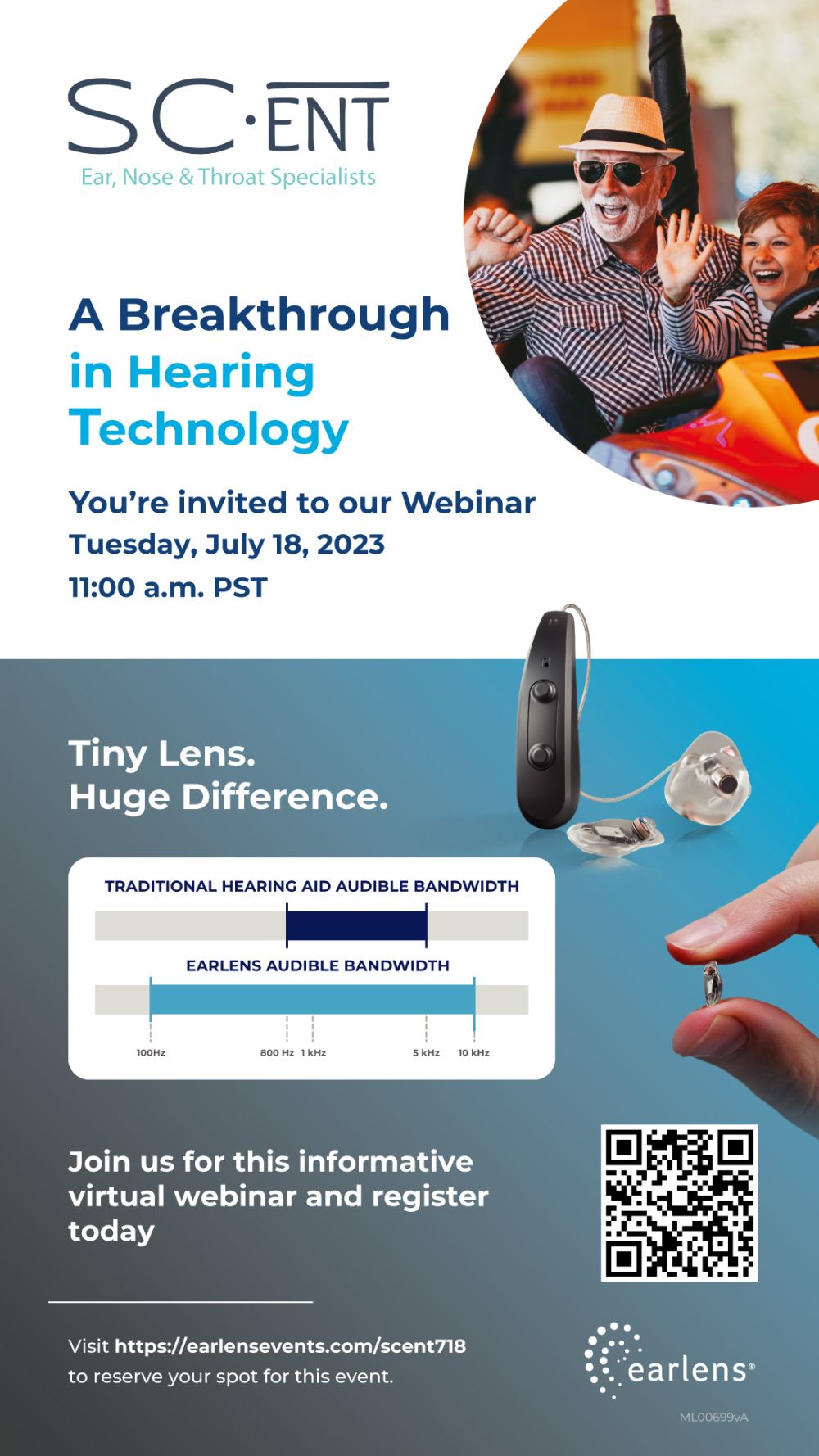Hearing aids are small electronic devices that you wear in or behind your ear. They make some sounds louder for people who have a hearing loss and help to improve hearing and speech comprehension. Hearing aids can also help people hear more in both quiet and noisy situations.
How do Hearing Aids Work?
There are three basic parts to a hearing aid: a microphone, an amplifier, and a speaker. Hearing aids pick up sound using a microphone, which converts the sound waves to electrical signals and sends them to an amplifier. The amplifier increases the power of the signals and then sends them to the ear through a speaker.
How do Digital Hearing Aids Work?
Digital hearing aids use digital sound technology to improve hearing aid performance. They convert sound waves into digital binary code (0’s and 1’s), which helps to produce an exact duplication of each sound. They also use computer chips to analyze speech and other sounds, allowing for more complex processing of sounds during amplification.
With the advancement of digital technology, manufacturers have enhanced the functionality of hearing devices, offering patients several benefits:
- They can be programmed with noise reduction algorithms to help reduce background noise.
- They are highly programmable for various listening environments.
- They can be adjusted to meet specific user needs.
Are You a Candidate for Hearing Aids?
Hearing aids are not for everyone. It usually depends on the type of hearing loss or the degree of hearing loss you may have as to whether or not a hearing aid will work for you. Most people who have a sensorineural hearing loss can greatly benefit from using hearing aids. A sensorineural hearing loss occurs when there is damage to the small sensory cells in the inner ear, called hair cells. This damage often occurs as a result of disease, aging, or injury from noise or certain medicines.
How Can You Find Out if You Need a Hearing Aid?
If you think you might benefit from a hearing aid, contact your primary care physician, who may refer you to an otolaryngologist (ENT specialist) or an audiologist. An otolaryngologist specializes in ear, nose and throat disorders and will investigate the cause of the hearing loss. An audiologist is a hearing health professional who identifies and measures hearing loss and will perform a hearing test to assess the type and degree of loss.
How can SCENT Help You?
Depending on your specific issue, you may be scheduled to see one of our ENT specialists or one of our audiologists at SCENT. Our staff will work with you to assess your needs and determine whether or not hearing aids will be right for you. If you do need hearing aids, you will be fitted with the best that meet your needs and lifestyle.
We work with all the major manufacturers, including:
- Oticon
- Phonak
- Signia
- Starkey
- Resound
- Unitron
- Widex
Styles of Hearing Aids
There are three basic types of hearing aids: behind the ear (BTE), in-the-ear (ITE), and in-the-canal (ITC) with the following variations in style:
Behind-the-Ear (BTE)
Mini BTE (Receiver in Ear Canal)
In-the-Ear (ITE)
In-the-Canal (ITC)
Completely-in-Canal (CIC)
Contact Us
Contact SCENT today at (661) 259-2500 for your hearing aid needs. You may also make an appointment online.


